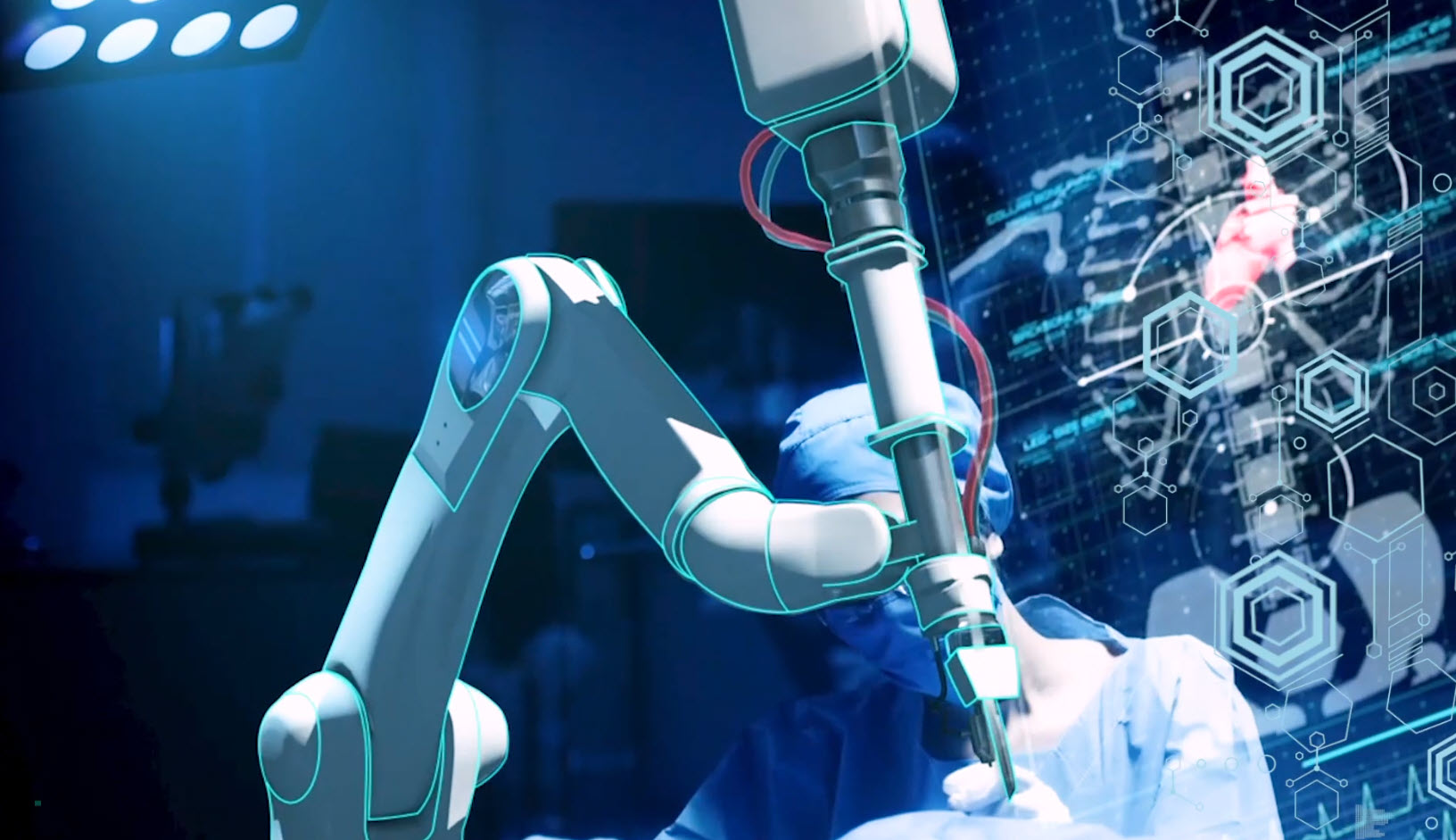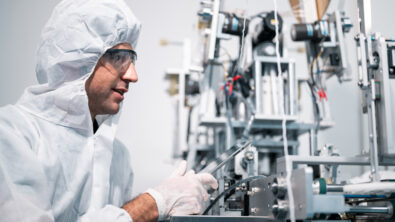Meeting the Challenges of Medical Device Manufacturing

Modern day products are becoming more complex. With the use of new materials and more parts, and increasingly incorporating electronic components and software. Naturally, this has repercussions for the design and manufacturing of these products. More recent developments, such as connectivity through the IoT have added to the complexity of products and the manufacturing process.
But it is not just the changing products themselves which are having an influence on design and manufacturing. Political instability, uncertainty of volume as a result of the pandemic, and trade conflicts can all cause disruption to global supply chains, put pressure on prices, or affect demand for products.
Unique Challenges for Medical Devices
The medical device manufacturing sector is facing some unique challenges of its own. It is a highly regulated sector, where quality control must be strictly enforced and where Device History Records are often long and complex. Changing customer expectations are forcing businesses to innovate, improve the customer experience and personalize products. This is all happening while governments continue to exert pressure on regulation and the health market moves towards a value-based care model.
How can medical device manufacturing companies cope with these seemingly incompatible pressures? How can they improve their production processes to deal with this increased complexity? And, while ensuring high quality and compliance to regulations? Not only that, they need to meet demands for customization of products at speed, while keeping their costs under control.
Benefits of Smart Manufacturing for Medical Devices
In order to realize the benefits of smart manufacturing, they need to find a way to turn these challenges into opportunities, to reduce their costs and become more competitive. We believe that the answer lies in smart manufacturing through Operational Excellence for Medical Devices.
Operational Excellence harnesses the power of digitalization to meet the needs of the modern medical device manufacturing industry. It is a digital system to change companies into smart businesses so that they can flourish in the current climate. It uses digital twins and digital thread technology to collect data from across the factory floor and from the products in use to enhance products and processes upstream. This makes for better planning, more agility, and higher efficiency while allowing medical device manufacturers to offer more value to their customers.
We’ve put together a short video to show you the benefits of adopting this system. Click here!


